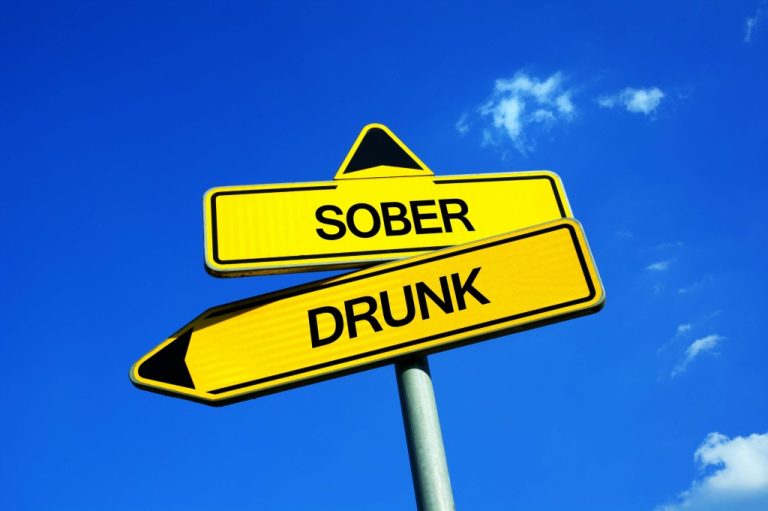Alcohol Detox at Home How to Detox from Alcohol Safely
Heavy drinking can lead to a reduction in the sensitivity of your brain to the amount of GABA produced. If you abruptly stop consuming alcohol, your brain may not have enough sensitivity to GABA, which can result in hyper-excitability and withdrawal symptoms. It is essential to have a comprehensive plan that includes strategies for coping with cravings and emotional distress. Engaging in therapy, support groups, and other recovery resources can provide the necessary tools to navigate the challenges https://ucrazy.org/interesting/1207219938-interesno_znattravka.html of alcohol tapering successfully. Staying hydrated and maintaining proper nutrition is also vital, as alcohol withdrawal can lead to dehydration and nutrient imbalances. Proper hydration and nutrition can alleviate some withdrawal symptoms and support overall health during the tapering process.
How Long Does it Take to Detox from Alcohol at Home?
- Alcohol withdrawal symptoms range in severity depending on how extensive the misuse behavior was.
- For help quitting, resources are available from the Substance Abuse and Mental Health Services Administration (SAMHSA) or the National Institute on Alcohol Abuse and Alcoholism (NIAAA).
- Keep in mind the reasons you chose to cut back on or quit alcohol.
- Research has shown that professional help improves your ability to overcome an addiction to alcohol or cut back if you have found it difficult.
- This method is safer than abruptly stopping alcohol consumption, especially when switching from hard liquor to beer.
- The goal of tapering down is to make a gradual change while causing less stress on your body, both physically and emotionally.
Tapering alcohol is beneficial because you can avoid alcohol withdrawal symptoms. This is because when you drink heavily for months or years, your body can start to depend on alcohol to function normally. When you are physically dependent on a substance like alcohol, your body adapts accordingly.
Gradual Reduction Method
Alcohol causes serious changes in the brain, and prolonged symptoms such as sleep problems, mood changes and fatigue may take months to overcome, according to the U.S. Stopping alcohol use is the first step of the recovery journey, but staying sober for longer and longer periods is the goal. Getting professional treatment and long-term support are two of the most valuable strategies for avoiding relapse.
- What’s most important is to look at your drinking habits and find a way to cut back that works for you.
- Now that you’ve successfully completed the detoxification process, it’s time to build your sobriety toolkit through treatment.
- Once alcohol is stopped, your brain continues to be hyperactive until it readjusts to the absence of alcohol.
- Establishing new habits and routines, and dealing with the underlying causes of your drinking habits, are essential to lasting recovery.
Tell family members and friends you want to get healthier.
With alcohol out of the equation, though, these chemicals cause withdrawal symptoms. Your insurance plan may cover some or all of the cost of treatment for drug or alcohol addiction. Our online health insurance verification system will estimate your in-network and out-of-network deductibles, coinsurance percentages and out-of-pocket maximums. Within 5 minutes, you’ll receive https://newhomeeasy.com/home-ideas/page/2 an email with these details – free of charge. “Try doing a ‘dry’ month like Dry January, Go Dry for July or Sober October,” says Moore.
Tapering Off Alcohol vs. Going Cold Turkey

A popular way to taper off alcohol is to gradually reduce the number https://dailywealthy.com/avitamin-deficiency-signs-and-treatment.html of drinks you consume over a period of time. For example, if you normally drink 6 glasses of wine each night, you can try reducing that to 5 glasses of wine a night. After several days of 5 glasses of wine, you can reduce that down to 4.

Your body has become used to, and dependent on, certain levels of alcohol. Alcohol depresses your nervous system2, so your body creates more receptors for neurotransmitters, or messengers, to stimulate the nervous system. “The role of GABAA receptors in mediating the effects of alcohol in the central nervous system.” Journal of Psychiatry & Neuroscience, July 28, 2003. Within 5 minutes, you’ll receive an email with these details – free of charge.












Recent Comments